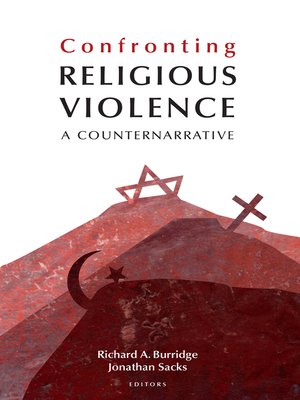
Sign up to save your library
With an OverDrive account, you can save your favorite libraries for at-a-glance information about availability. Find out more about OverDrive accounts.
Find this title in Libby, the library reading app by OverDrive.



Search for a digital library with this title
Title found at these libraries:
| Loading... |
In 'Confronting Religious Violence', twelve international experts from a variety of theological, philosophical, and scientific fields address the issue of religious violence in today's world. The first part of the book focuses on the historical rise of religious conflict, beginning with the question of whether the New Testament leads to supersessionism, and looks at the growth of anti-Semitism in the later Roman Empire. The second part comprises field-report studies of xenophobia, radicalism, anti-Semitism, and Islamophobia surrounding the conflicts in the Middle East. The third part reflects on moral, philosophical, legal, and evolutionary influences on religious freedom and how they harm or help the advancement of peace. The final part of the volume turns to theological reflections, discussing monotheism, nationalism, the perpetuation of violence, the role of mercy laws and freedom in combating hate, and practical approaches to dealing with pluralism in theological education.|In 'Confronting Religious Violence', twelve international experts from a variety of theological, philosophical, and scientific fields address the issue of religious violence in today's world. The first part of the book focuses on the historical rise of religious conflict, beginning with the question of whether the New Testament leads to supersessionism, and looks at the growth of anti-Semitism in the later Roman Empire. The second part comprises field-report studies of xenophobia, radicalism, anti-Semitism, and Islamophobia surrounding the conflicts in the Middle East. The third part reflects on moral, philosophical, legal, and evolutionary influences on religious freedom and how they harm or help the advancement of peace. The final part of the volume turns to theological reflections, discussing monotheism, nationalism, the perpetuation of violence, the role of mercy laws and freedom in combating hate, and practical approaches to dealing with pluralism in theological education.






